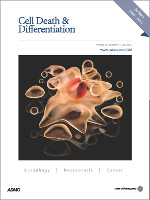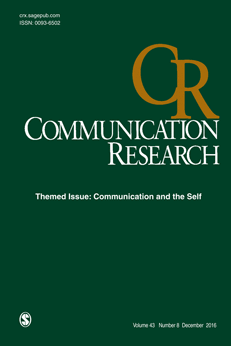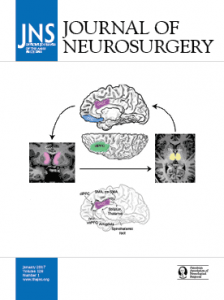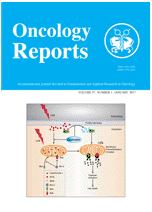 Researchers have retracted a biology paper that included an image mismatch — despite the fact that, as they claim, another image in the same paper confirms the original findings.
Researchers have retracted a biology paper that included an image mismatch — despite the fact that, as they claim, another image in the same paper confirms the original findings.
The authors say they plan to resubmit the paper with the corrected figure panel.
The second to last author — Carlo Croce, chair of the department of cancer biology and genetics at The Ohio State University — told us he believes there’s more to the retraction than what the notice says. Specifically, he said that the paper includes an image from a previous paper by the same authors, which he called “fraud.”
Here’s the latest retraction notice, published in Cell Death and Differentiation:
Continue reading Journal retracts paper due to image mismatch; one co-author alleges fraud
 A researcher who claimed image problems in a retracted paper were the result of a software glitch, and not intentional, has lost three more papers — all for image manipulation.
A researcher who claimed image problems in a retracted paper were the result of a software glitch, and not intentional, has lost three more papers — all for image manipulation. The former president of the Joslin Diabetes Center has withdrawn a second article within a month of his
The former president of the Joslin Diabetes Center has withdrawn a second article within a month of his  After a years-long dispute over a 2012 paper which suggested there might be some effects of first-person shooter video games on players, the journal has retracted the paper.
After a years-long dispute over a 2012 paper which suggested there might be some effects of first-person shooter video games on players, the journal has retracted the paper. When authors are faced with filling out a journal’s conflict of interest form, deciding what qualifies as a relevant conflict can be tricky. When such omissions come to light, only
When authors are faced with filling out a journal’s conflict of interest form, deciding what qualifies as a relevant conflict can be tricky. When such omissions come to light, only  Nearly five years ago, researchers suggested that the vast majority of preclinical cancer research
Nearly five years ago, researchers suggested that the vast majority of preclinical cancer research 


 An oncology journal has decided to retract a 2012 paper on gastric cancer after discovering duplicated data in multiple figures.
An oncology journal has decided to retract a 2012 paper on gastric cancer after discovering duplicated data in multiple figures.